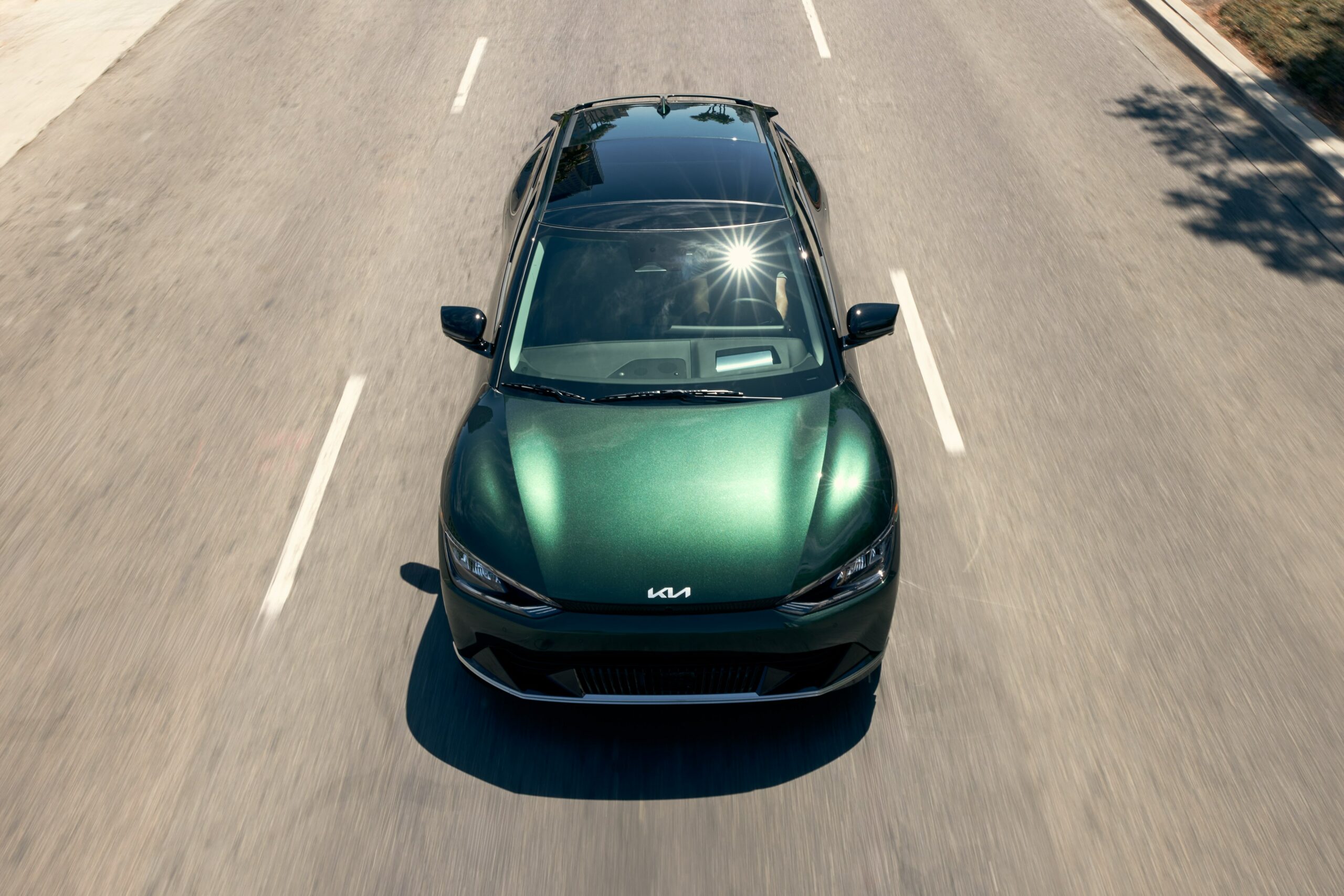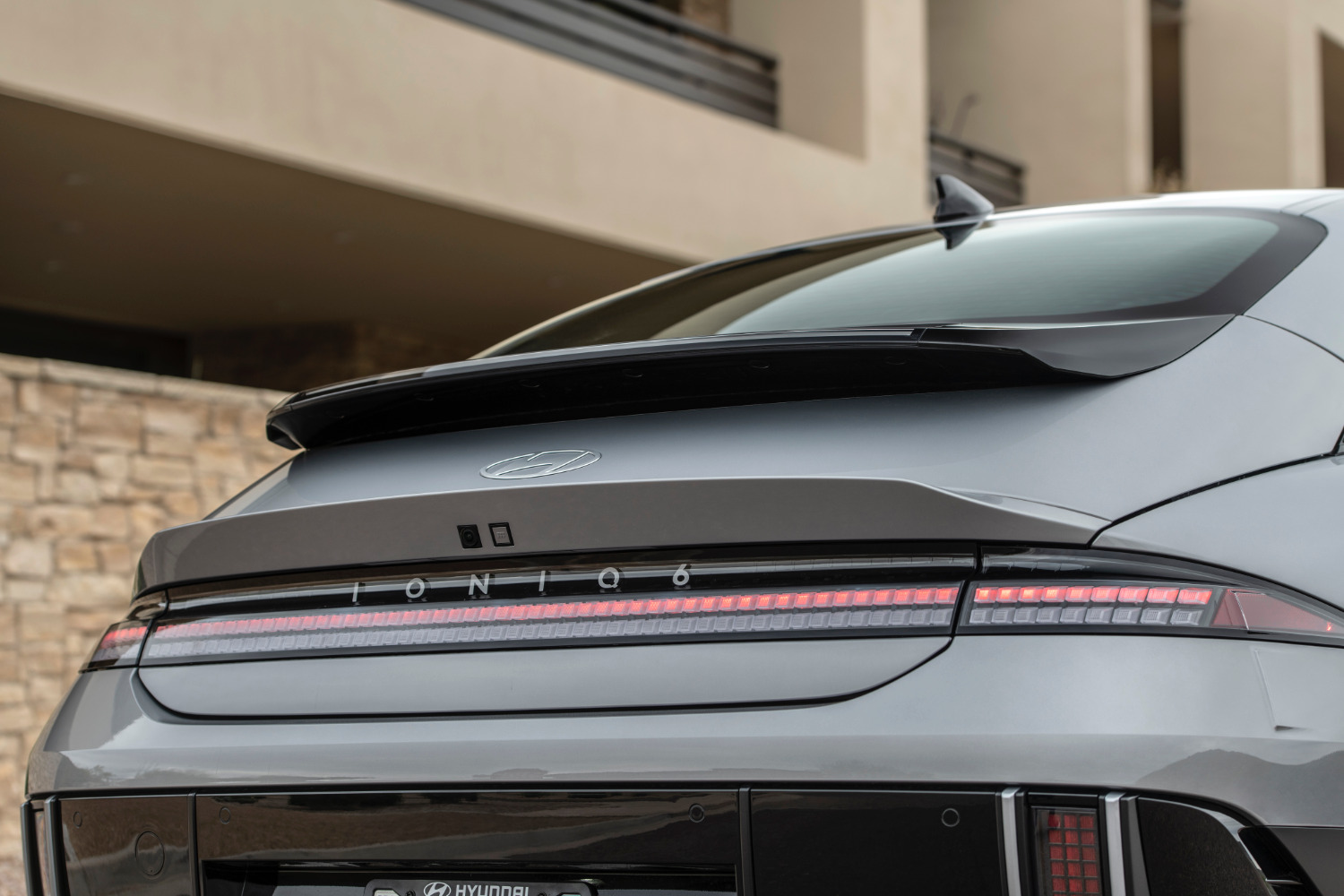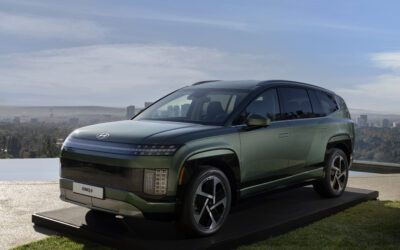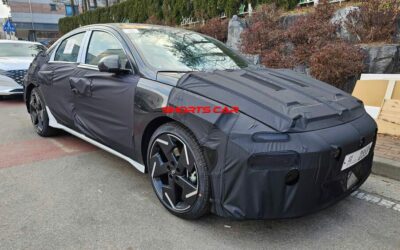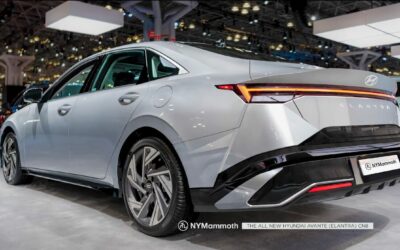Bad times for Hyundai-Kia EV sales and strategy in the United States. To be the second electric car manufacturer in terms of sales, only behind Tesla, to see their 12.5% market share record drop to a 4%. Since the implementation of the U.S. Inflation Reduction Act (IRA) in August last year, Hyundai and Kia Motors have seen their U.S. electric vehicle (EV) market share drop
According to data obtained from the automotive industry on Sept. 14 by Kim Hae-jae, a member of the National Assembly’s Trade, Industry, Energy, SMES, and Startups Committee of South Korea, the U.S. EV market share for both Hyundai and Kia in the fourth quarter of last year (October-December) was an average of 4.4%. This is a third of the record 12.5% market share they held in January of the same year.
So far this year the companies have shown a gradual recovery in market share (January 5.2%, February 5.9%, March 6.1%, April 7.9%, May 8.9%, June 8.2%), but they have yet to fully recover to their pre-IRA levels, as pointed out by Kim. Will the new electric vehicle plant help them recovery it?
Kim asserted that the IRA’s implementation not only affected Hyundai and Kia’s U.S. EV market share but also their global EV market share. According to “Global Electric Vehicle (EV) Sales Trends” data obtained by Kim’s office last year, Tesla, a direct beneficiary of the IRA, saw its global sales in the first half of this year surge by approximately 57% year-on-year, capturing 20.8% of the global EV market, a 2.9 percentage point increase from the previous year.
In contrast, Hyundai and Kia’s EV market share dropped 1.2 percentage points during the same period, showing 4.9%. Kim stated, “Even though the demand for EVs has increased with the implementation of the IRA, our companies are suffering.” He stressed that “Given the proven impact of the IRA on our country’s EV industry, the government should actively develop countermeasures.”

